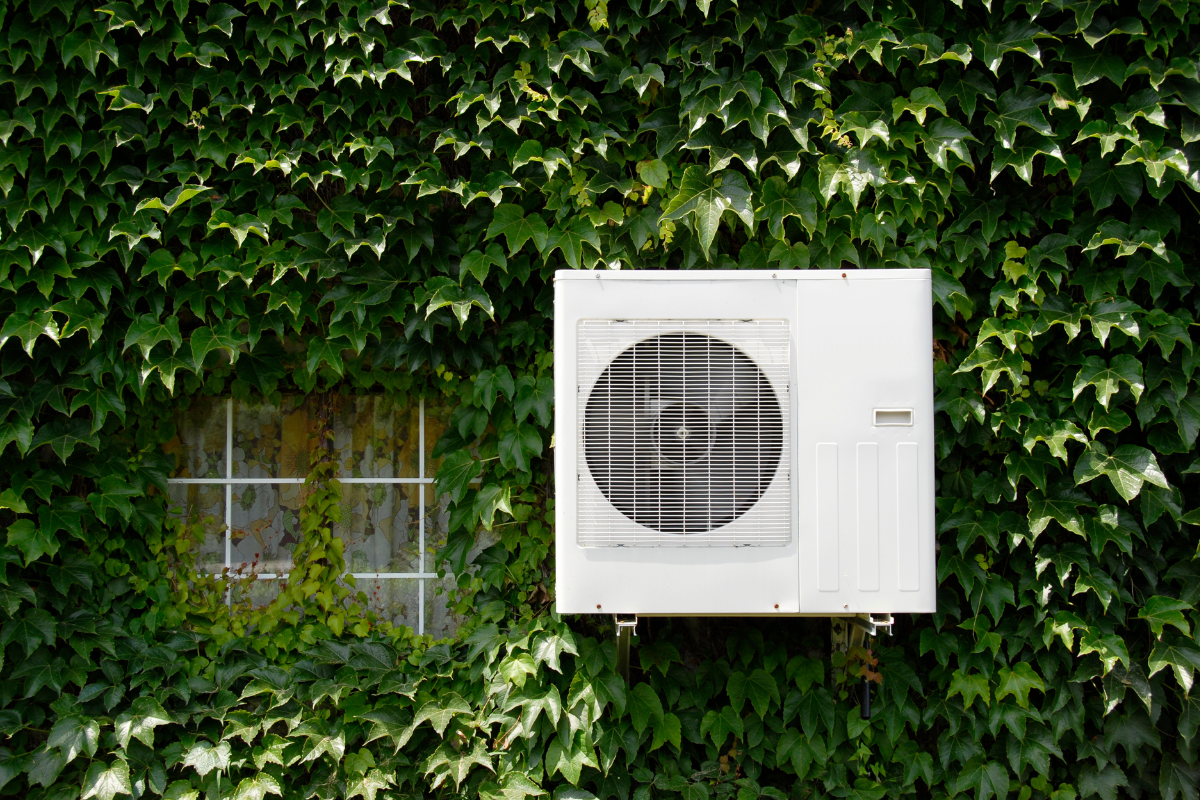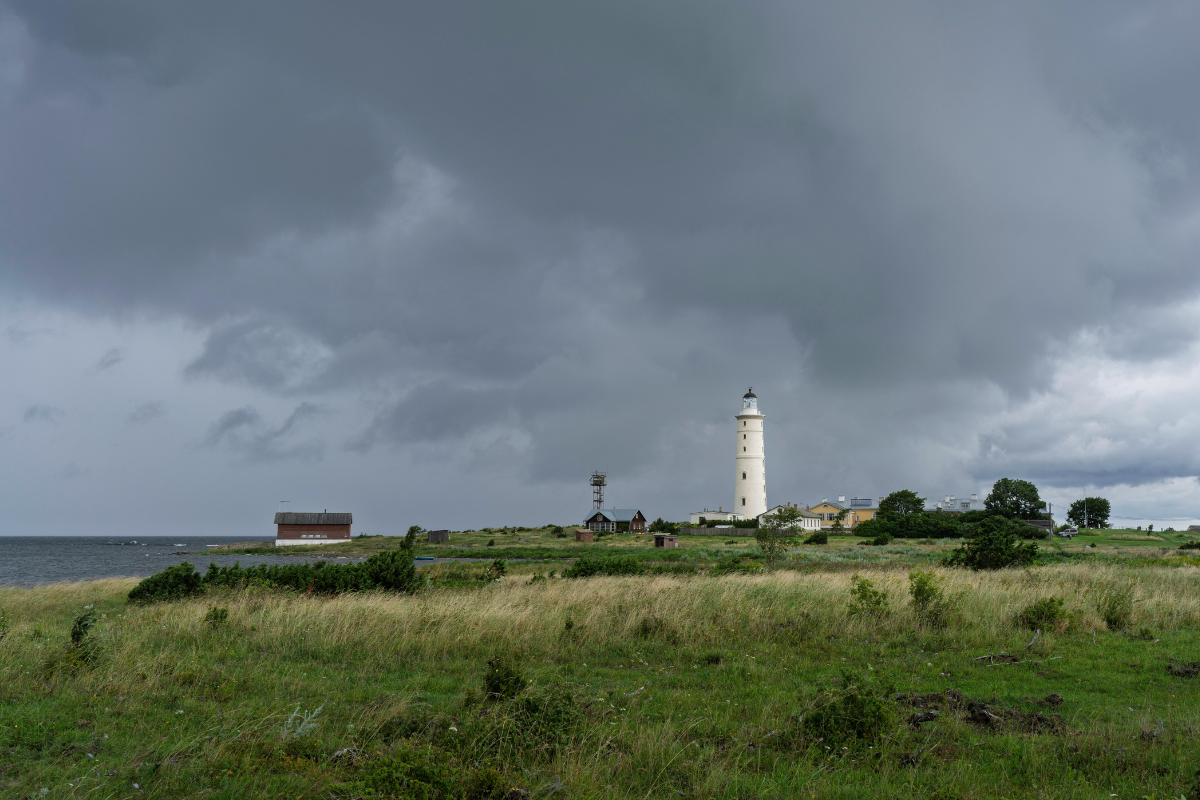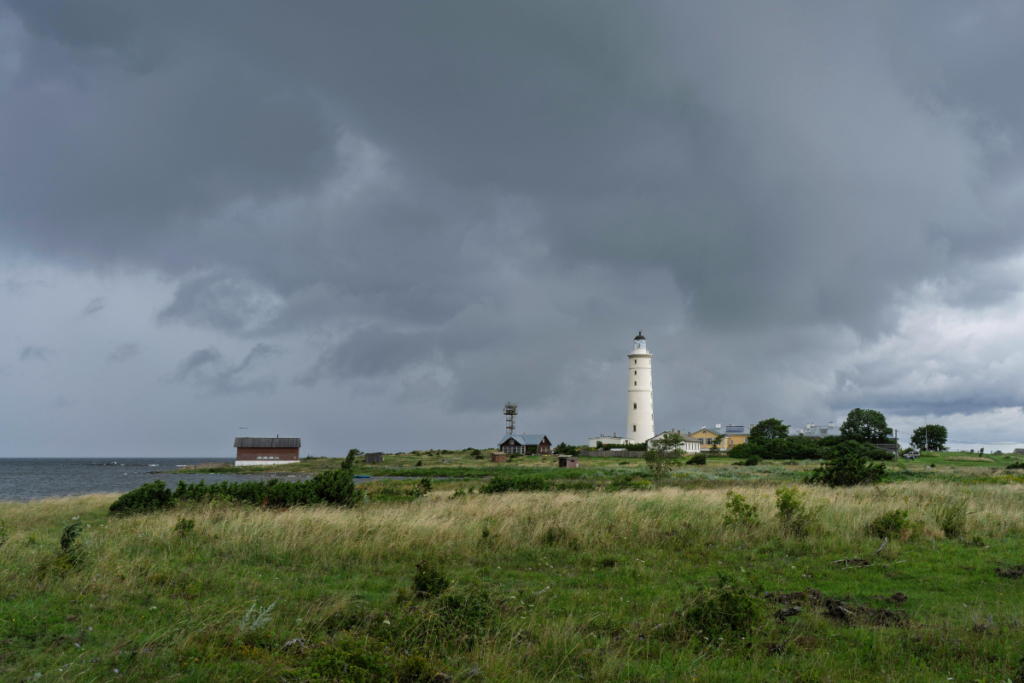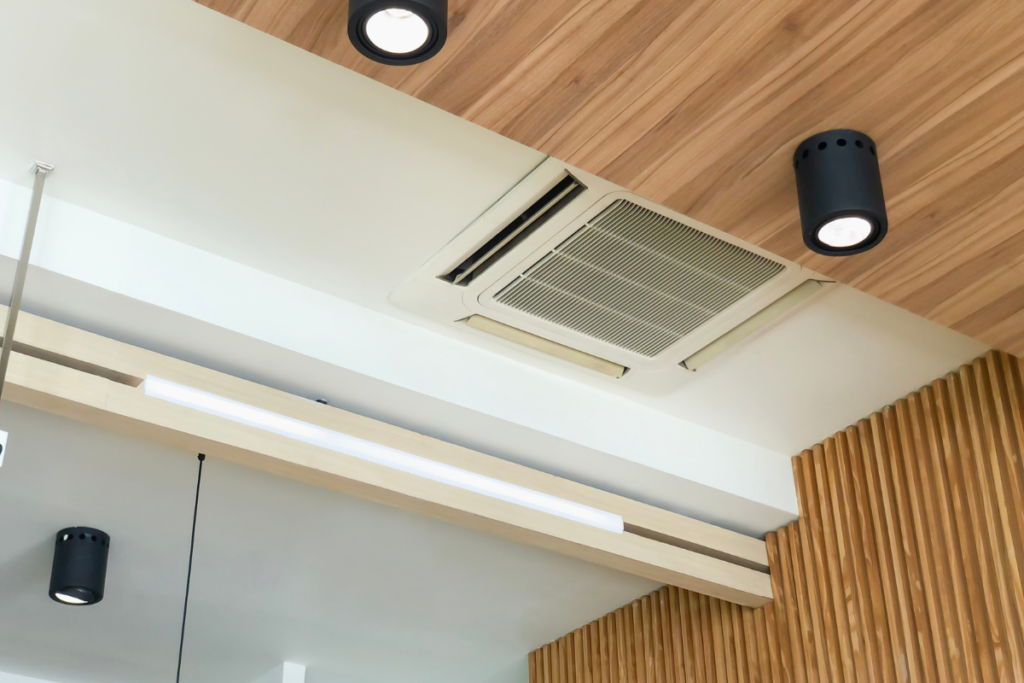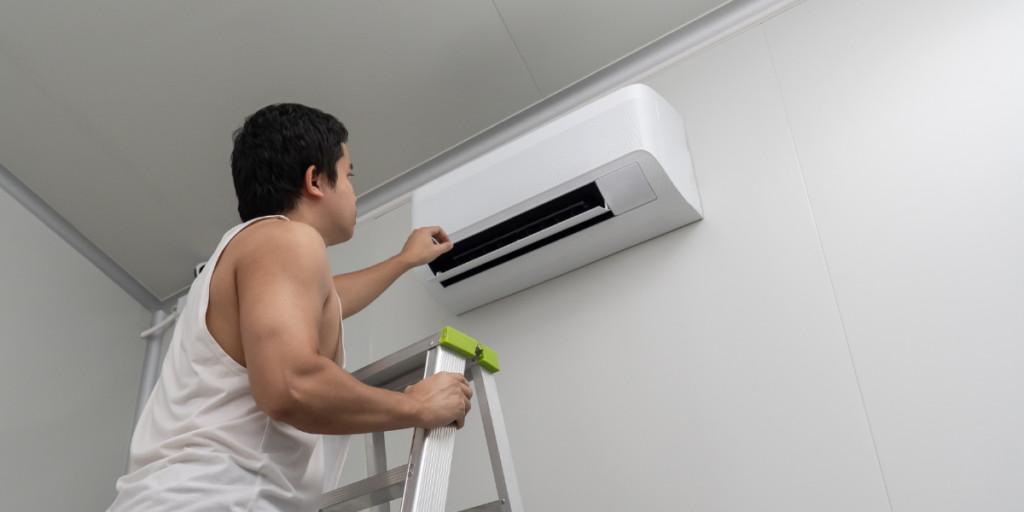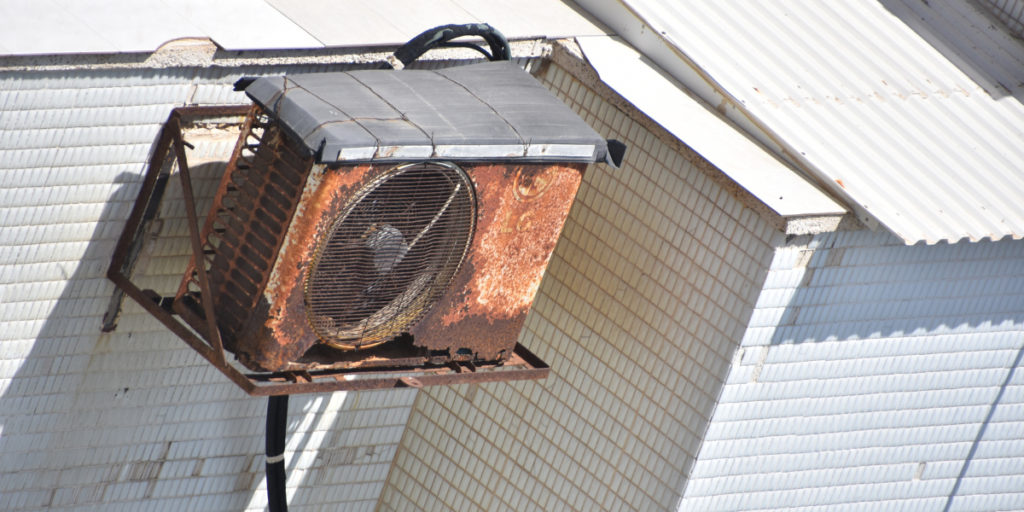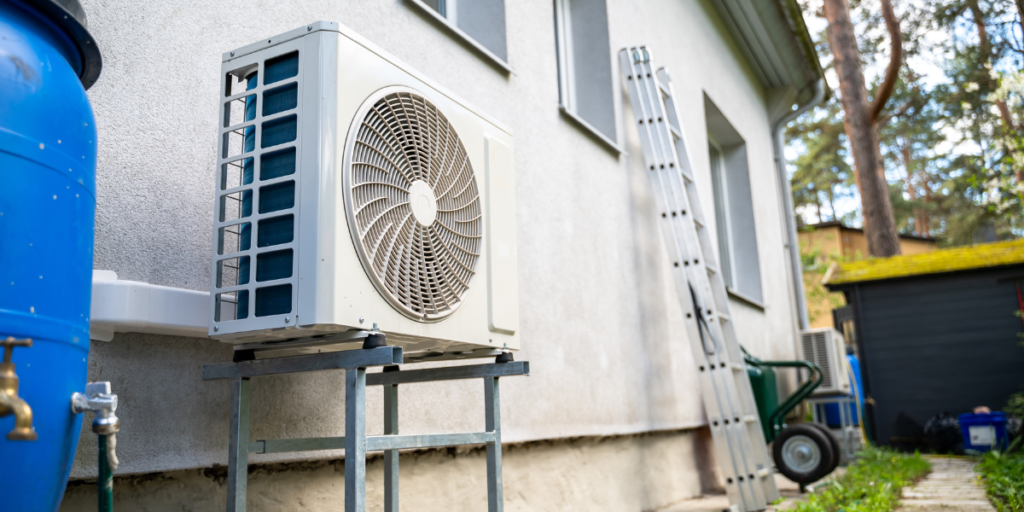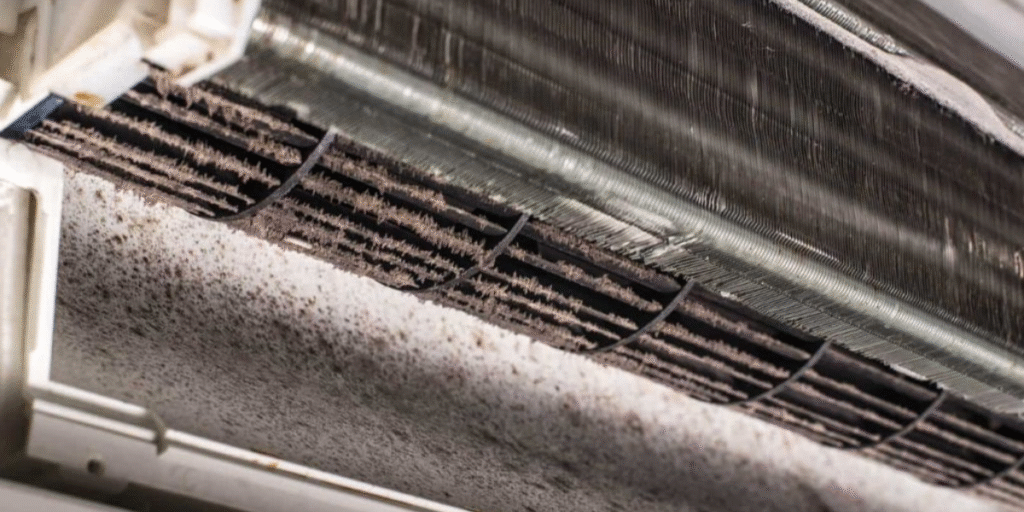On the Gold Coast, where summer storms bring heavy rain, lightning, and sudden humidity spikes, your outdoor air conditioner unit works harder than ever. But when it starts leaking electricity, that’s not just a technical issue – it’s a serious safety risk. Electrical leakage in the outdoor unit can cause shocks, damage internal components, or even lead to fires during wet weather. As local experts in air conditioning Gold Coast, DEEPCHILL explains how to spot the warning signs, fix the problem safely, and protect your system from storm-related electrical hazards.
Table of contents
1. Why an outdoor unit leaking electricity is so dangerous
When your outdoor unit is leaking electricity, it means live current is escaping from the circuit – usually through water, corroded metal, or damaged insulation.
Even a small leak can give you a mild electric shock if you touch the unit. But during wet or stormy weather, the risk increases dramatically because water acts as a conductor, spreading electricity over the casing or the ground around the system.
That’s why homeowners should never touch an air conditioner’s outdoor unit after rain or a lightning storm unless the power has been disconnected.
Electrical leakage can also cause:
- Fire hazards if left unrepaired
- Power trips or fuses blowing repeatedly
- Rust or scorch marks around wiring
- Reduced system efficiency or overheating
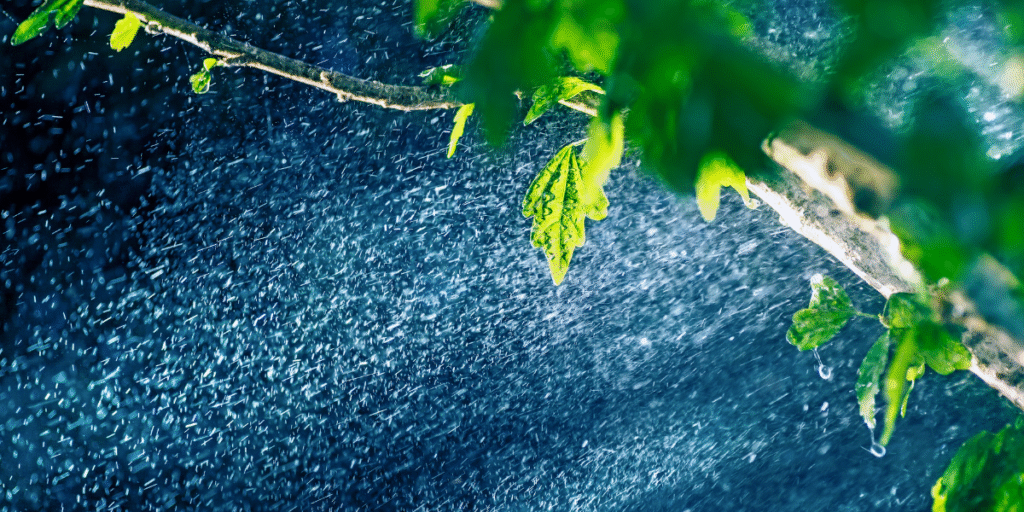
2. Common causes of electrical leakage after heavy rains
When storm season hits the Gold Coast, outdoor air conditioners face a harsh mix of torrential rain, lightning strikes, and salty sea winds. These elements can work together to weaken the system’s insulation, corrode wiring, and eventually cause the outdoor unit to leak electricity.
a. Flooding
Gold Coast storms often bring long hours of rain that can flood balconies, yards, and rooftops where outdoor units sit. When water pools around the base or seeps into the vents, it can reach internal wiring and circuit boards. Once insulation gets soaked, electricity begins to “leak” through the moisture – causing mild shocks or, in severe cases, tripping the power.
b. Lightning and power surges
During extreme weather, it’s not just heavy rain – there are also thunderstorms and lightning. These conditions can cause sudden voltage spikes that travel through your electrical system. Even if lightning doesn’t strike directly, the surge can burn components such as the compressor, PCB (Printed Circuit Board), or capacitor, leaving behind invisible damage that later leads to electrical leakage or short circuits.
c. Strong winds and salty sea air
Gold Coast storms often come with powerful coastal winds that carry a high concentration of salt and moisture from the sea. Over time, this salty air settles on the outdoor unit’s metal surfaces, wiring joints, and circuit terminals, gradually corroding them. When salt crystals mix with rainwater, they become a conductive layer that allows electricity to travel where it shouldn’t – leading to leaks or even short circuits.
Strong winds can also blow dust, sand, and debris into the unit, blocking airflow and trapping moisture inside. This combination of wind, salt, and humidity accelerates rust formation and weakens insulation, making the outdoor unit more vulnerable to electrical leakage, especially during back-to-back storms.
d. Poor grounding and installation errors
If the outdoor unit isn’t properly grounded, storm surges and stray current have nowhere safe to go. Instead, they discharge through the casing or nearby surfaces. Loose connections or exposed wires from previous maintenance can make this worse, especially when wet.
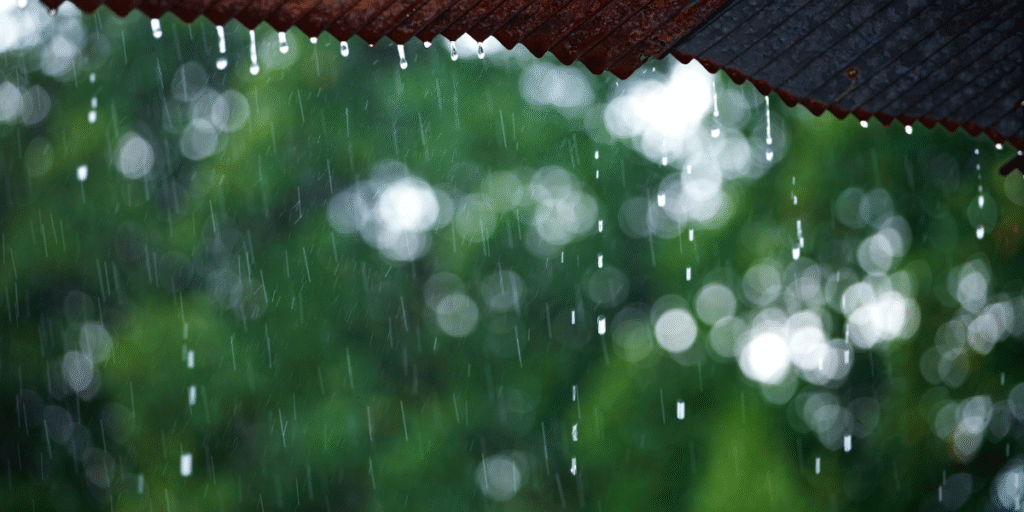
3. How to safely fix electrical leakage in the outdoor unit
If you suspect your outdoor unit is leaking electricity, follow these steps before doing anything else:
- Turn off the power at the main switchboard – never just the remote control.
- Avoid touching any metal parts or standing on wet surfaces near the unit.
- Call a licensed air conditioning technician. Only trained professionals can safely test leakage levels, replace damaged wires, and re-seal exposed circuits.
A certified technician from DEEPCHILL will:
- Measure leakage current with proper tools
- Check insulation resistance and earthing quality
- Replace corroded or burnt wiring
- Apply protective waterproof coatings or replace damaged casings
Attempting to repair it yourself, especially after a storm, could lead to electric shock or void your warranty.
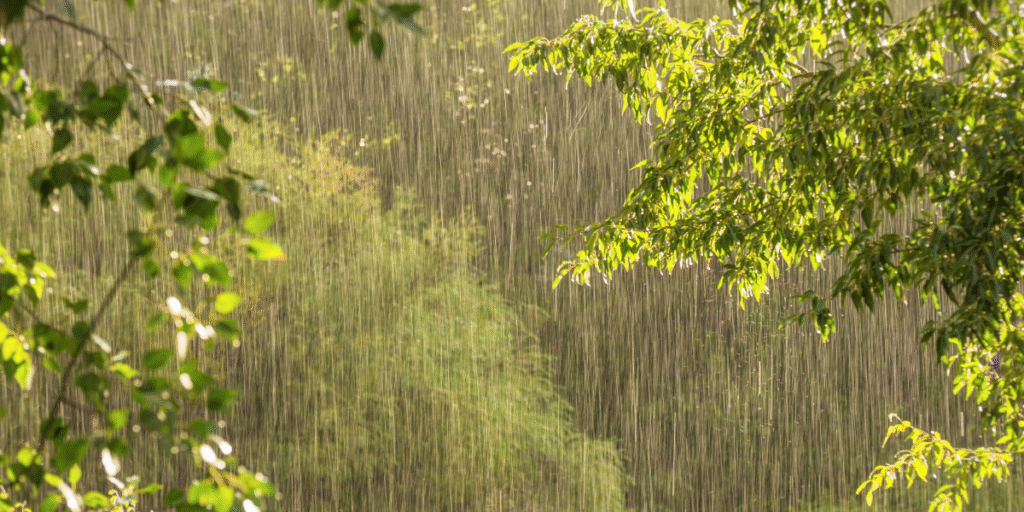
4. How to prevent electrical leakage in outdoor units
Storm season doesn’t have to spell danger for your air conditioner. Here’s how to keep your system protected all year round:
- Clean and check for rust or loose wires after every heavy rain or hail event.
- Install the outdoor unit under a partial roof or canopy to minimise direct rain exposure.
- Ensure proper grounding and surge protection – this helps redirect excess electricity during lightning strikes.
- Schedule routine maintenance with a professional air conditioning Gold Coast service to inspect wiring and clean internal components.
- Avoid using the air conditioner during active lightning storms and unplug it if the forecast predicts severe weather.
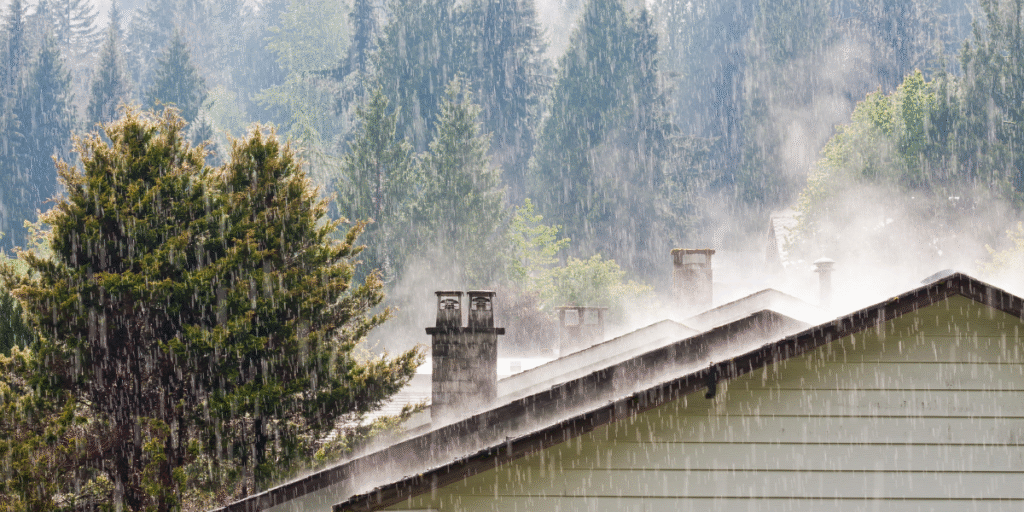
Conclusion
If your outdoor unit is leaking electricity, don’t ignore it – it’s more than just a technical issue; it’s a safety hazard made worse by the Gold Coast’s stormy climate. With regular maintenance, proper grounding, and weather-proof installation, you can keep your system running safely no matter how wild the weather gets.
For expert inspection and repair, contact DEEPCHILL – air conditioning Gold Coast specialists. Our licensed technicians can help detect electrical leaks early and protect your family’s comfort and safety all year long.

